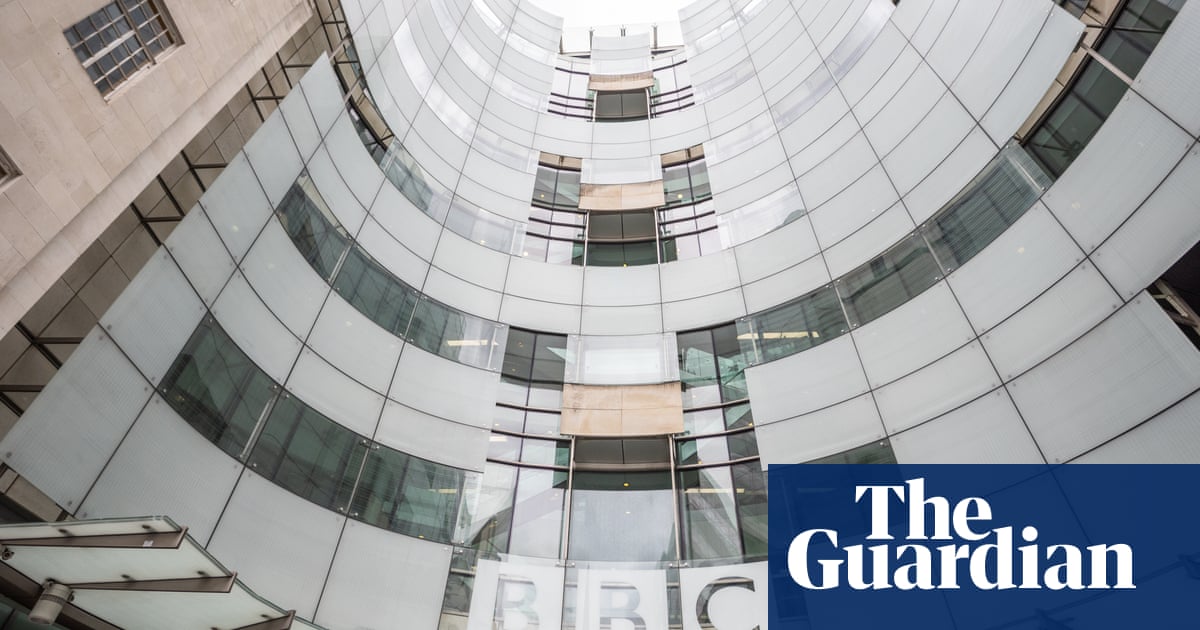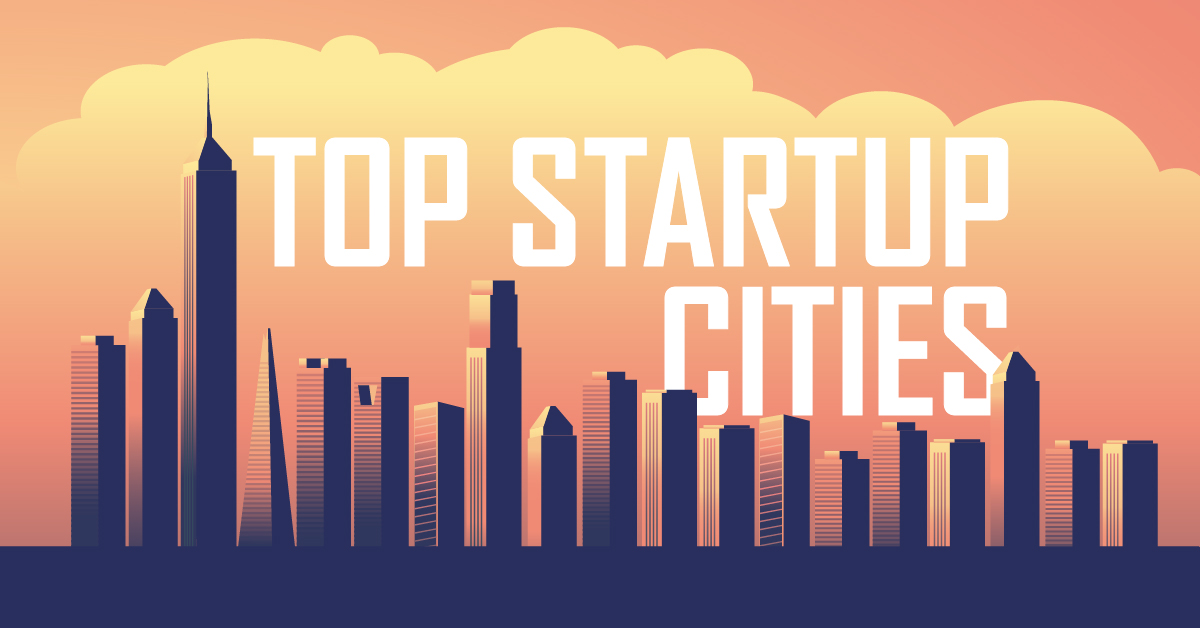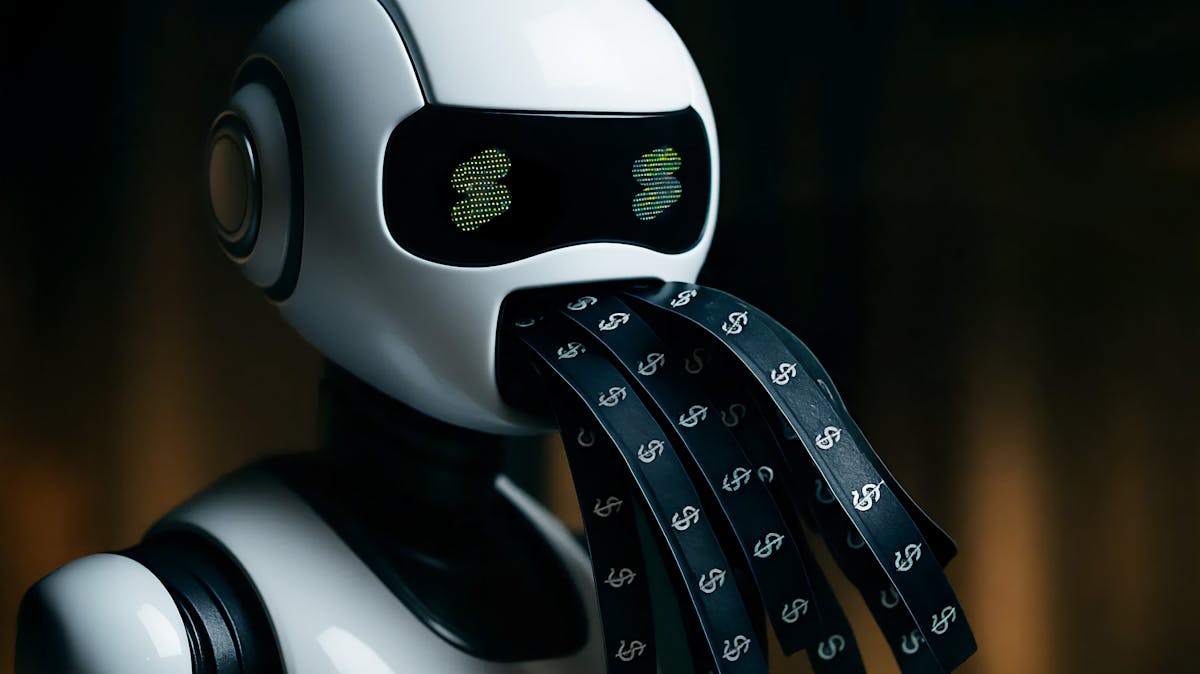Summary:
BBC threatens legal action against Perplexity AI for unauthorized content scraping to train AI models
Demands include stopping scraping activities, deleting copied content, and financial compensation
Perplexity AI defends its position, calling BBC's claims "manipulative and opportunistic"
The dispute reflects broader industry concerns over AI's use of copyrighted material without permission
Outcome could influence future AI and media licensing agreements and government policies
The BBC has taken a bold step by threatening legal action against Perplexity AI, marking its first significant move to safeguard its content from unauthorized scraping for artificial intelligence development. The corporation alleges that Perplexity's AI models were trained using BBC content without permission, demanding cessation and compensation.
The Legal Standoff
- The BBC has sent a formal letter to Aravind Srinivas, CEO of Perplexity AI, accusing the startup of using BBC content to train its AI models.
- The broadcaster demands an injunction to stop further scraping and deletion of any copied content, alongside a proposal for financial compensation.
Industry Backlash Against AI Scraping
This confrontation highlights a growing tension between media organizations and AI companies over the use of copyrighted material. The BBC's director general, Tim Davie, has been vocal about the need for intellectual property protection, emphasizing the risk to the creative sector's value.
Perplexity's Defense
Perplexity AI counters the BBC's claims as "manipulative and opportunistic," arguing a misunderstanding of technology and IP law. Unlike giants like OpenAI or Google, Perplexity doesn't train its own models but offers an interface for users to choose between different AI models.
The Bigger Picture
The dispute underscores the global debate on AI and copyright, with the UK government yet to finalize its stance. Meanwhile, other publishers are securing licensing deals with AI firms, setting precedents for future negotiations.
What's Next?
With the BBC registering its copyright in the US and the UK government's pending decision, the outcome of this legal challenge could set a critical precedent for AI and media relations worldwide.









Comments